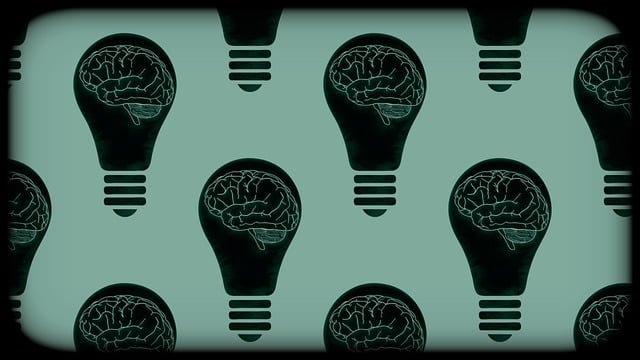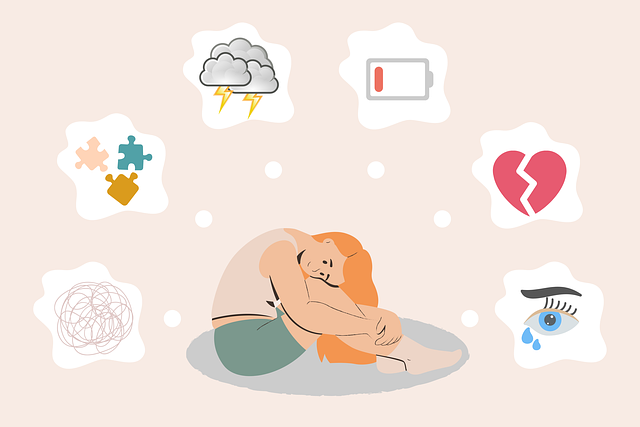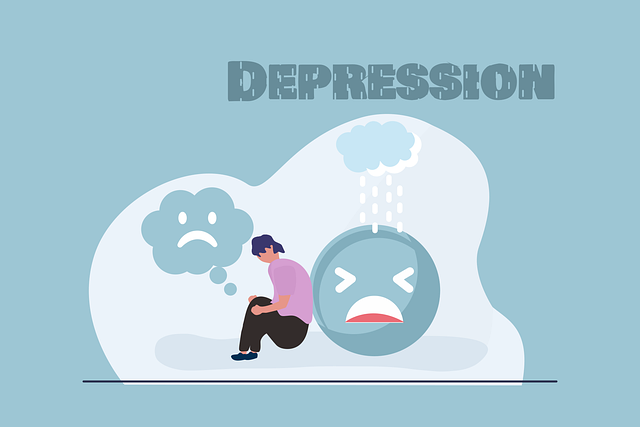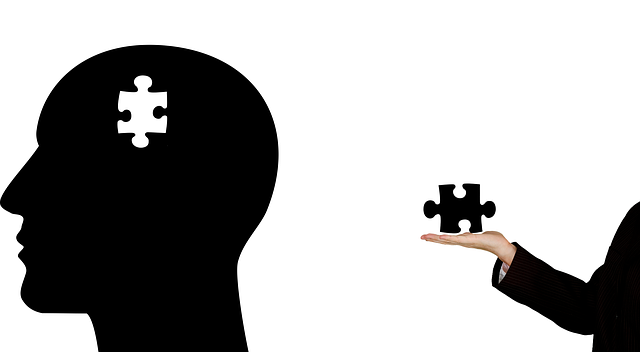Litttleton Independent Medical Evaluations (LIME) therapy offers specialized, in-depth assessments of individuals' emotional and psychological states, focusing on unique experiences and behaviors. By combining subjective (Mind Over Matter Principles) and objective data, therapists gain a comprehensive view of clients' mental health journeys, identifying challenges and measuring growth. Standardized questionnaires and qualitative methods evaluate changes in symptoms, attitudes, behaviors, and emotional well-being before and after program participation, enabling coaches to refine programs and tailor interventions for specific needs, ultimately enhancing mental health improvements.
Evaluating mental wellness programs is crucial for ensuring their effectiveness. This article explores key methods, such as the Littleton Independent Medical Evaluation (LIME) for Mental Health, which provide a comprehensive assessment of therapy outcomes. We delve into various evaluation techniques, from understanding client feedback to utilizing standardized assessments, to measure success and impact. By examining these tools, mental health professionals can optimize programs, tailor interventions, and promote positive client outcomes.
- Understanding Littleton Independent Medical Evaluations (LIME) for Mental Health
- Key Evaluation Methods in Therapy: A Comprehensive Look
- Measuring Success and Impact: Assessment Tools for Mental Wellness Programs
Understanding Littleton Independent Medical Evaluations (LIME) for Mental Health

Litttleton Independent Medical Evaluations (LIME) offer a specialized approach to mental health assessment and are an integral part of evaluating wellness programs. These evaluations provide an in-depth look at an individual’s emotional and psychological state, focusing on their unique experiences, behaviors, and symptoms. Mental health professionals use LIMEs to gain valuable insights into the client’s overall well-being, identifying areas of concern and strengths.
By incorporating these evaluations, mental wellness coaching programs can be tailored to meet individual needs. The process involves comprehensive therapy sessions that explore emotional intelligence, compassion cultivation practices, and personal growth strategies. This personalized approach ensures that participants receive targeted support, fostering positive changes in their mental health journey.
Key Evaluation Methods in Therapy: A Comprehensive Look

In the realm of therapy and mental wellness programs, evaluating the effectiveness of interventions is paramount. One key method, particularly relevant in the context of Littleton Independent Medical Evaluations Therapy, involves assessing client self-reported symptoms and improvements using standardized questionnaires. These tools, based on validated scales, capture changes in anxiety, depression, stress, and other psychological dimensions over time.
Complementing these subjective measures, objective evaluations such as Crisis Intervention Guidance play a crucial role. This approach involves tracking progress through structured interviews, observations, and behavioral assessments. By integrating both self-reported (Mind Over Matter Principles) and observed data, therapists gain a holistic view of clients’ mental wellness journeys. Furthermore, focusing on Inner Strength Development, these evaluation methods not only identify challenges but also measure the growth and resilience that arise from therapeutic processes, ensuring tailored and effective support for each individual’s unique needs.
Measuring Success and Impact: Assessment Tools for Mental Wellness Programs

Measuring Success and Impact is a critical aspect of any mental wellness program. To accurately assess the effectiveness of initiatives aimed at improving emotional regulation and boosting confidence, various assessment tools can be employed. These tools play a pivotal role in understanding the program’s impact on participants’ mental health and overall well-being. One robust method involves using standardized questionnaires that gage changes in symptoms, attitudes, and behaviors prior to and after program participation. Such instruments, including validated scales for anxiety, depression, and stress, provide quantitative data that allows for a comprehensive evaluation of a program’s success.
Additionally, qualitative methods like interviews and focus groups can offer valuable insights into participants’ experiences. These discussions facilitate an in-depth understanding of how the program has influenced their emotional well-being, coping strategies, and self-perception. Integrating both quantitative and qualitative assessments ensures a holistic evaluation, enabling mental wellness coaches to refine programs (e.g., Littleton Independent Medical Evaluations Therapy) and tailor interventions to meet specific needs, ultimately enhancing the development of effective coaching programs that support lasting mental health improvements.
Evaluating mental wellness programs is a multifaceted process that requires robust tools to measure effectiveness. By integrating Littleton Independent Medical Evaluations (LIME) and diverse therapy assessment methods, practitioners can gain valuable insights into client progress. These evaluations enable comprehensive understanding of treatment outcomes, ensuring mental wellness programs are tailored to individual needs and continuously improved. This approach leverages the power of LIME therapy to foster positive change and enhance overall well-being.














